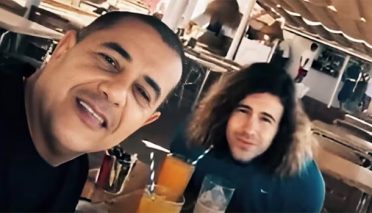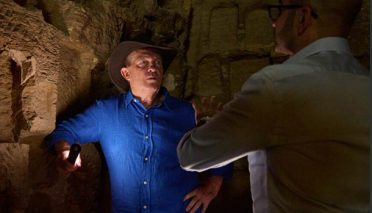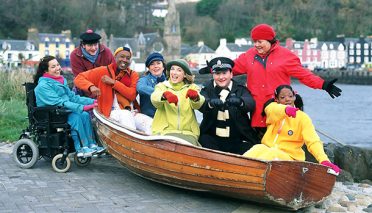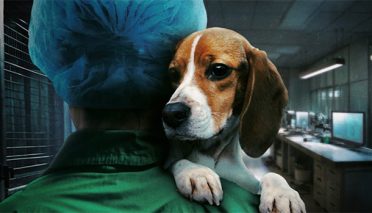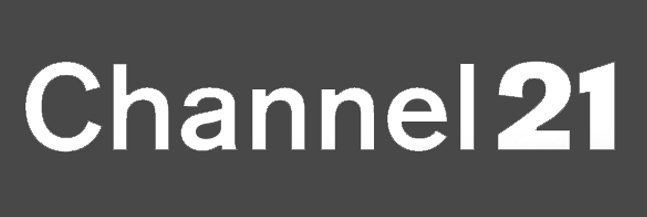 While local productions are on the up for Central European Media Enterprises (CME) the company is not immune to the rising costs of production and competition for talent, says its content production director Tubi Neustadt.
While local productions are on the up for Central European Media Enterprises (CME) the company is not immune to the rising costs of production and competition for talent, says its content production director Tubi Neustadt.
Tubi Neustadt has been content production director at Central European Media Enterprises (CME) for almost a decade. The veteran TV exec, who counts among his past credits successfully producing the German version of format Blind Date for 15 years, is now responsible for thousands of hours of local programming across six Central and Eastern European (CEE) territories – Czech Republic, Slovakia, Romania, Bulgaria, Croatia and Slovenia.
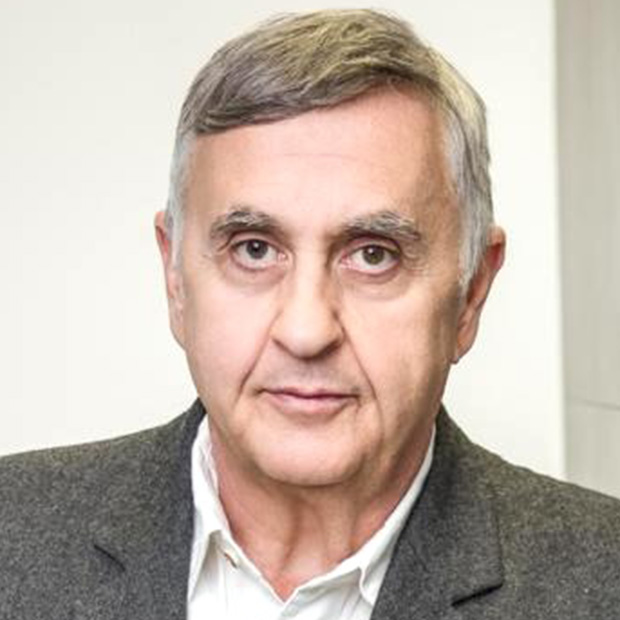
Tubi Neustadt
And that content is growing year-on-year. In 2022, CME’s local content production reached 3,700 hours, and it is projected to reach 4,400 hours this year.
CME runs 43 TV channels and the streaming platform Voyo, giving Neustadt a clear view of what works and doesn’t locally. He believes local content’s popularity among audiences is firstly down to culture. This is because audiences can identify themselves with such content.
Neustadt adds that viewers “want to see their own people on stage” and this holds true with fiction as well as non-fiction.
This is certainly the case with Specialist, a crime series shown by CME-owned TV Nova in the Czech Republic and based on an international format CME acquired from Germany’s ZDF. The adaptation features local actors and has registered an audience share of 26.28%.
Meanwhile, Love Island, now in its third season in both the Czech and Slovak markets, has also proved successful, according to Neustadt, who says “one of the reasons was we had an extremely good balance between the Czech cast and the Slovak cast.”
When it comes to local productions, though, Neustadt says he is “not a big believer” that there is such a thing as “a scripted and a non-scripted country.”

Ever-popular Love Island is now in its third season
He cites the example of Romania, which is generally regarded as falling into the latter category. However, “we show with our local scripted content in Romania that fiction can work and can even grow, and this is something we want to continue.” This is despite the fact CME is also strong in non-fiction, with shows such as Romania’s Got Talent, Survivor and The Voice all performing well in the country, he says.
Neustadt adds that local comedies are currently the most popular genre in the territories CME is active in. For instance, in Romania, Las Fierbinti “is for years one of the most important projects that we have and people love the show.”
At the same time, reality TV is growing stronger thanks to such shows as The Bachelor, Love Island and Bachelor in Paradise, along with Big Brother, Master Chef and Survivor. So, too, are local crime shows.
While this is seen throughout CEE, in some countries gameshows are also making a comeback. They include The Chase and spin-offs, which have become “a very strong project in the Czech Republic” and Neustadt sees as having a future.
Neustadt notes that when it comes to production, the lower costs in CEE means it can produce The Voice, for instance, at as little as a ninth of what it would cost in Germany. However, there has been “an extreme increase in costs, especially in the shiny floor shows if you are building sets and so on”. These cost increases amount to 30% or more, and CME is “feeling the costs extremely in our productions.”
As a result, the company is trying to compensate for this by reducing the number of shooting days, among other efficiencies. This is despite the fact that in Bulgaria it can produce for a third of the cost of what it can in the Czech Republic and Romania.
Neustadt sees hubs as “very important”, especially for CME’s action and dating shows. For instance, it uses the ITV hub in Gran Canaria to shoot Love Island for the Czech Republic and Slovakia. It also uses the ITV hub in Tenerife for Romanian shows and is currently shooting the Czech version of Bachelor on the Greek island of Rhodes.
Although CME has also tried to use hubs in such locations for game or shiny floor shows, it “didn’t work as well, because at the end of the day the cost of building a set is the same as sending all the people to places where I use the hubs in other countries.” What is more, the cost of studios is much higher than the company pays in CEE.
Even so, as its shows become more successful it will increasingly use such hubs, building relations with producers around the world, including in countries such as Sri Lanka. “Wherever there is a space we can shoot”, continues Neustadt.

The Voice Romania
Significantly, CME also works extensively with external production companies, especially in fiction in the Czech Republic, where it recently announced 25 new projects with 17 production companies for a total of 512 hours of programming, 338 hours of which is original scripted content.
Included in the package is a second season of successful crime drama Metoda Marcovič and a return of popular comedy series Sex O’Clock, while included in the pipeline on the factual side is a documentary about OnlyFans and a range of true crime stories.
Neustadt says he tries to “keep a balance of in-house and external companies” when it comes to local productions. “The reason for this is that I don’t want all my talents going to independent companies or the other way round. I want to keep some talents in-house and I want to keep some know-how in-house too.”
Neustadt also highlights the importance of local productions on CME’s streaming service Voyo. A good example is Iveta, a Voyo original biographical miniseries based on the life of the Czech singer, actress and celebrity Iveta Bartosova, which has already been watched by a million people on free-to-air TV.
“We are doing these productions on Voyo to give people an incentive to watch them on Voyo first. And we have a different schedule for when we are showing them on free TV. This depends on the products.”
Interestingly, Neustadt says that some local productions can travel between the various markets CME is present in. They include the Romanian fiction series Insider, which has proved to be popular in neighbouring Bulgaria.
CME is also focused on developing local talent and two years ago launched its Content Academy, of which Neustadt is the president. He says it cherry-picks people who want to become showrunners in reality/entertainment or fiction and gives them the opportunity to study a tailor-made, “very concrete and very practical” programme for two years.
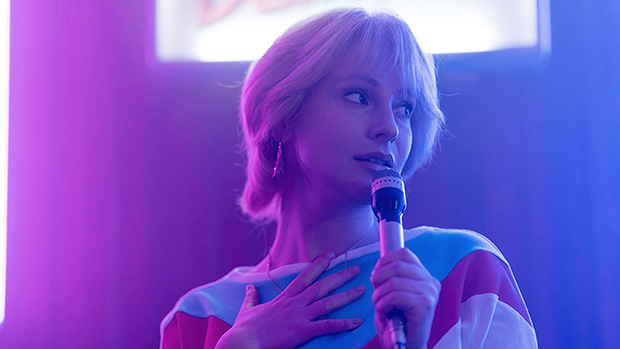
Iveta, a Voyo original biographical miniseries based on the life of Iveta Bartosova
At the end of this, once they pass their exams, they are offered two-year contracts at either TV Nova in the Czech Republic or Markiza TV in Slovakia. Although the Content Academy currently only operates in these two countries, it will eventually be expanded to the others CME is present in, starting with Romania.
Neustadt believes that as streamers such as Netflix, Disney+ and Amazon become established across CEE and increasingly find themselves required to produce more local content, it is important to offer local talent a “warm home”. While CME cannot compete with these international players in terms of salaries, it can provide continuous work rather than just for a single project. This, he says, “is the answer to the prices that are crazy on the market.”
Looking to the future, CME is developing its own scripted formats and wants to have its own library which is growing. In reality and entertainment, it is working hard on existing brands such as The Voice and MasterChef to keep them alive but, as Neustadt concedes, this means slots aren’t opened up for new shows.
Yet despite this, and in the knowledge that viewers also want to see something new and fresh, it is working “very tightly” with the majors and scouring the world for new formats. Although this is proving to be difficult because not much is coming up, Neustadt stresses that “if we see something that we believe in and has been successful we catch it and are going to do it.”





